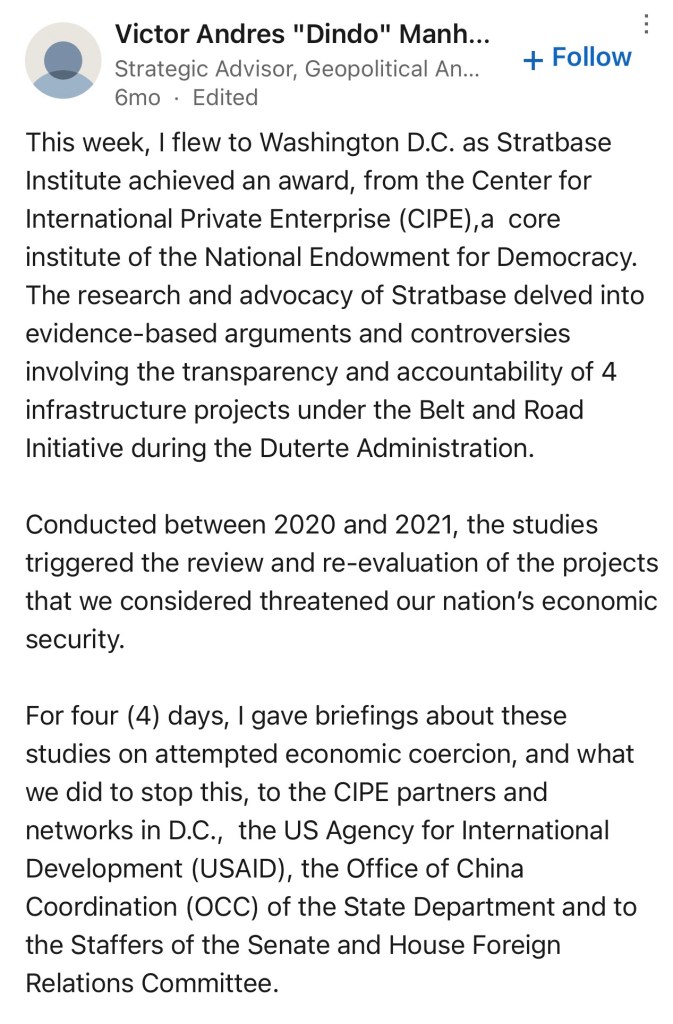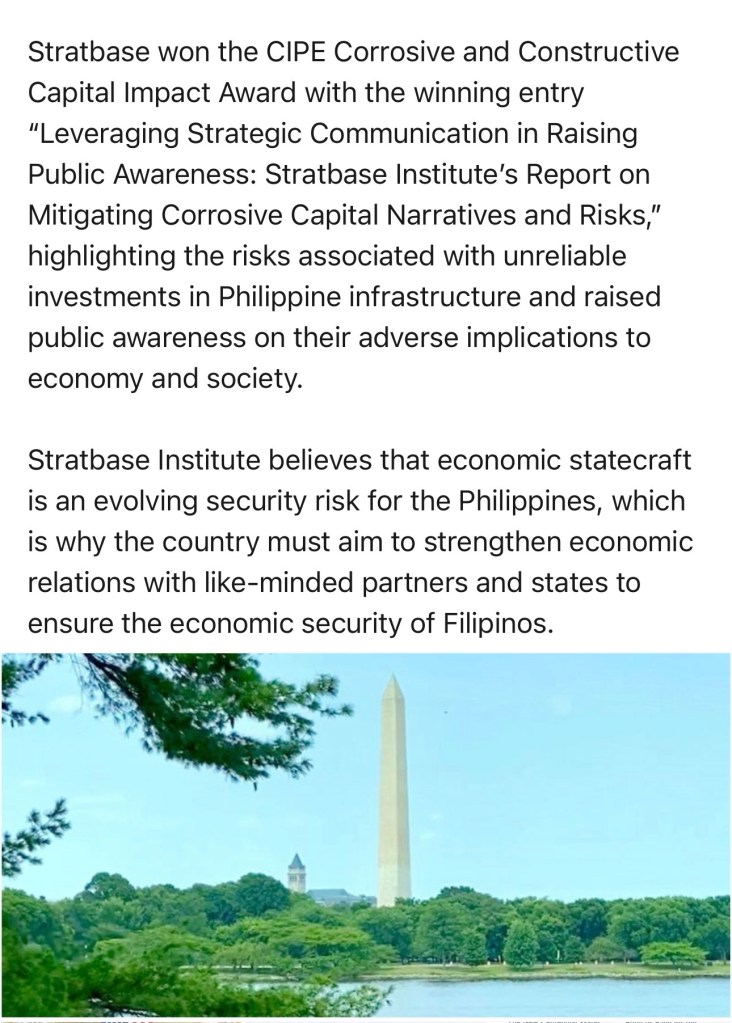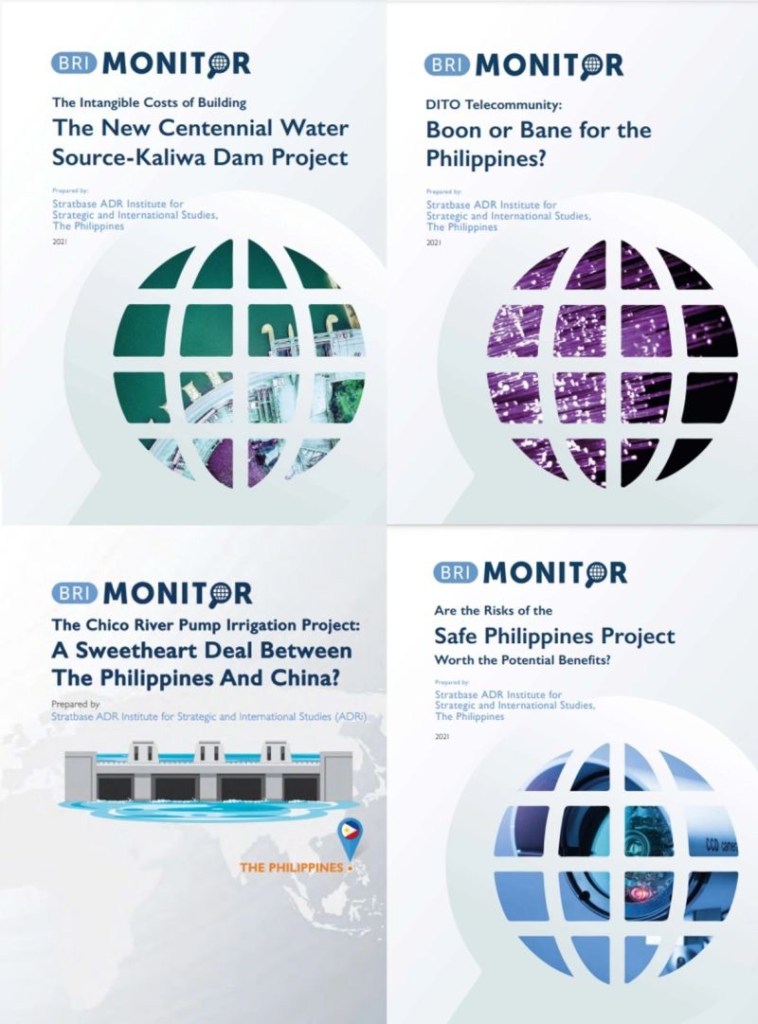
Abundance is a new book that has been attracting attention and debate among mainstream economists and politicians. It aims to explain to Democrat members in the US why their party lost the election to Trump (narrow as that result was). The authors, Ezra Klein and Derek Thompson, writers at very liberal mainstream The New York Times and The Atlantic, respectively, argue that it was because the Democrats and supporters of ‘liberal democracy’ have lost their ability in government to carry out great projects that could deliver the things and services that working people (called the ‘middle class’ in America) need.






You must be logged in to post a comment.